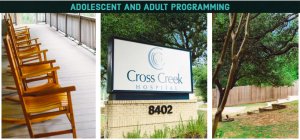Teen Drug Abuse
Teenage Drug Abuse And Addiction
Teens who abuse drugs may have a greater risk of developing an addiction when they are adults.
It’s important to know the difference between drug abuse and addiction. Many teens experiment with drugs but aren’t addicted.
Teen drug abuse can have long-term cognitive and behavioral effects since the teenage brain is still developing.
Recognition and prevention of drug use can end an emerging problem before it starts. Setting a good example and having talks about drug use can aid in teenage substance abuse prevention.
Teen And Adolescent Addiction
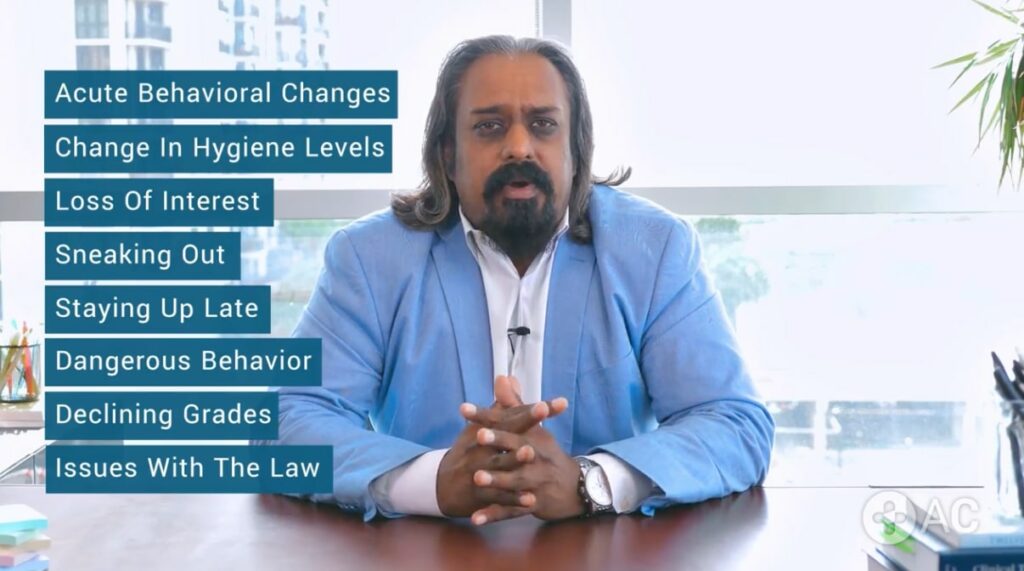
The warning signs used to determine if a teen or adolescent may have a substance use disorder are listed by Dr. Ashish Bhatt, MD.
View All VideosTeen Drug Experimentation
Half of all new drug users are under the age of 18. Experimentation plays the biggest role in teenage drug use. However, experimentation is a fact of life — and just because a teen has tried drugs or alcohol doesn’t mean they will become an addict. It’s more important to understand why some teens are tempted to experiment in the first place.
Common reasons teens abuse drugs include:
- Curiosity
- Peer pressure
- Stress
- A desire to escape
The majority of adults with an addiction first experimented with drugs before they turned 21. The good news is that the rates of teenage drug abuse have been declining. If you think your teen is using drugs, there are teen addiction treatment options available.
Need Support Right Away To Help Your Teen?
Newport's industry-leading teen mental health and substance abuse treatment is proven to create long-term recovery.
Get your free toolkit with information on warning signs and next steps to access care.
- Tailored treatment plans
- Medical and clinical experts
- Proven success rates
Paid Advertising. We may receive advertising fees if you follow links to the Newport Healthcare site.
Signs Of Teen Drug Abuse
There are many signs that a teen is using drugs. It can be difficult to tell the difference between the pangs of adolescence and actual drug use, but parents can be proactive in talking to their teen to find out what’s going on.
Some common signs of teen drug abuse include:
- Bad grades
- Bloodshot eyes
- Laughing for no reason
- Loss of interest in activities
- Poor hygiene
- Diminished personal appearance
- Avoiding eye contact
- Frequent hunger or “munchies”
- Smell of smoke on breath or clothes
- Secretive behavior
- Unusual tiredness
- Missing curfew
It’s up to parents to initiate a conversation with their children if they suspect drug use. One in five parents who suspects their teen is using drugs does not intervene to prevent further drug use.
The best way to get a teen to communicate about their drug use is by asking compassionate and understanding questions.
Parents can ask straightforward questions in a nonthreatening tone. Simply asking the question “Have you been using drugs or alcohol?” or “Has anyone offered you drugs recently?” can be enough to get the conversation started.
Responding to a teen’s admission or denial of drug use in the right away is just as important as asking the right questions.
Online Addiction Counseling
Get professional help from an online addiction and mental health counselor from BetterHelp.
- Access to Therapy 24/7
- Easy Online Scheduling
- 20,000+ Licensed Therapists
Paid Advertising. We may receive advertising fees if you follow links to the BetterHelp site.
If A Teen Admits To Taking Drugs:
Parents shouldn’t overreact if their teen comes clean about using drugs. Overreacting or lashing out can prevent a teen from opening up about their experience. Getting teens to talk is important in determining if their drug use was a one-time thing or if it’s becoming a problem.
Parents should explain how they care about their child and their child’s future. Teens who feel supported and loved are also more likely to stop experimenting with drugs or seek help if they have an addiction.
Featured Centers Offering Addiction Treatment For Teens


If A Teen Denies Drug Use:
Naturally, there is a possibility that teens may lie about their drug use. Parents should reassure their child that they are concerned and want to help.
If a teen continues denying using drugs but the parent still suspects untruthfulness, a home drug test can uncover a teen drug problem. Therapists, pediatricians, and addiction specialists can also help uncover a teen drug problem.
Call a treatment provider for more information on treating teen addiction.
Common Drugs That Teens Abuse
The drugs most commonly abused by teens aren’t much different from those abused by adults. But the reasons for abuse may be different, as teens often abuse a substance based on its accessibility. Teens are also more likely to take excessive amounts of drugs and alcohol because of how they perceive the risks and dangers associated with use.
-
Alcohol
Alcohol is the substance most commonly abused by teens. The social acceptance of drinking among people of legal drinking age can lead many teens to view alcohol as relatively harmless. Research suggests teens are more likely to binge drink; this may have to do with the fact that their impulse control hasn’t fully developed.
Approximately 20% of 12th graders reported binge drinking in 2014. Nearly 40% had used alcohol in the last month.
Binge drinking increases the risk of addiction in people of any age, and the teenage brain is more susceptible to addiction. Talking to teens about theses risks can curb underage drinking.
-
Marijuana
Regular Marijuana users most often start during their adolescence. The perceptions of Marijuana use among teens is changing; most high school seniors do not think smoking Marijuana occasionally carries any risk. More than 20% of teens report having used Marijuana at least once in the past month.
-
Prescriptions & Over-The-Counter Medications
Many prescription drugs have intoxicating effects, and this is no secret to most teens. Narcotic Painkillers like OxyContin and Benzodiazepines like Xanax produce pleasurable effects that teens may seek out. These substances come with a high potential for abuse and overdose.
Nearly 40% of teens who abused prescription medication obtained the drugs from their parents’ medicine cabinet.
Teens may also abuse over-the-counter medications. The substance Dextromethorphan (DXM), a cough Suppressant, is found in many common cold and flu medicines. DXM can cause intoxicating effects in high doses, and an overdose is a real possibility.
Teen Drug Abuse Statistics
1 in 5
teens
1 in 5 teens has abused prescription medications, according to the Centers for Disease Control and Prevention.
21
percent
Approximately 21% of high school seniors have reported using Marijuana in the past month, according to the National Institute on Drug Abuse.
1 in 3
parents
1 in 3 parents believe there is little they can do to prevent teen drug use despite evidence that shows parental involvement is the strongest factor in prevention.
Addiction Treatment For Teens
Many teens have a tough time dealing with sadness or other unpleasant feelings experienced during adolescence. It is understandable that they may think having a drink or a little Marijuana can offer relief. The best way to deal with stress, however, is to seek emotional support or find someone to talk to.
Looking for a place to start?
Join the thousands of people that have called a treatment provider for rehab information.
Free and confidential
Available 24/7
Access to professional treatment
If a teen has already tried quitting or reducing use and failed, then it’s important to seek treatment as soon as possible.
There are treatment centers designed for teens that target the emotional and social issues that led to their drug use.
Most teen treatment centers also offer educational support so that teens in recovery don’t get behind in school. The earlier an addiction is recognized, the easier it is to treat.
Contact a treatment provider for teenage addiction treatment options today.
Published:
Author
Jeffrey Juergens

-
Jeffrey Juergens earned his Bachelor’s and Juris Doctor from the University of Florida. Jeffrey’s desire to help others led him to focus on economic and social development and policy making. After graduation, he decided to pursue his passion of writing and editing. Jeffrey’s mission is to educate and inform the public on addiction issues and help those in need of treatment find the best option for them.
- More from Jeffrey Juergens
Reviewed by Certified Addiction Professional:
David Hampton

A survivor of addiction himself, David Hampton is a Certified Professional Recovery Coach (CPRC) and a member of the National Association of Alcohol and Drug Abuse Counselors (NAADAC).
- More from David Hampton
Sources


Recovery Starts Today
Call Now For Addiction Support

Newport Institute for Young Adults
Monticello , MN

Newport Academy – Teen Treatment Center
Saint Cloud , MN
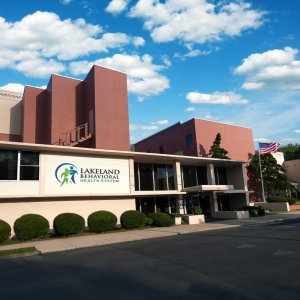
Lakeland Behavioral Health System
Springfield , MO

Options Behavioral Health Hospital
Indianapolis , IN

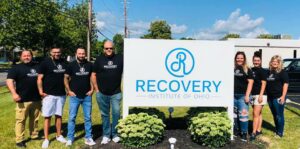

Newport Academy – Teen Treatment Center
Dallas , TX

New Hope Healthcare Institute
Knoxville , TN

New Hope Healthcare – Teen Rehab
Knoxville , TN

Village Behavioral Health Treatment Center
Louisville , TN

Newport Academy – Teen Rehab Center
Atlanta , GA
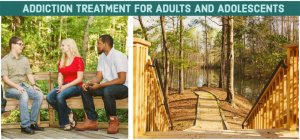

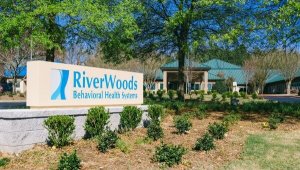
Riverwoods Behavioral Health System
Riverdale , GA

